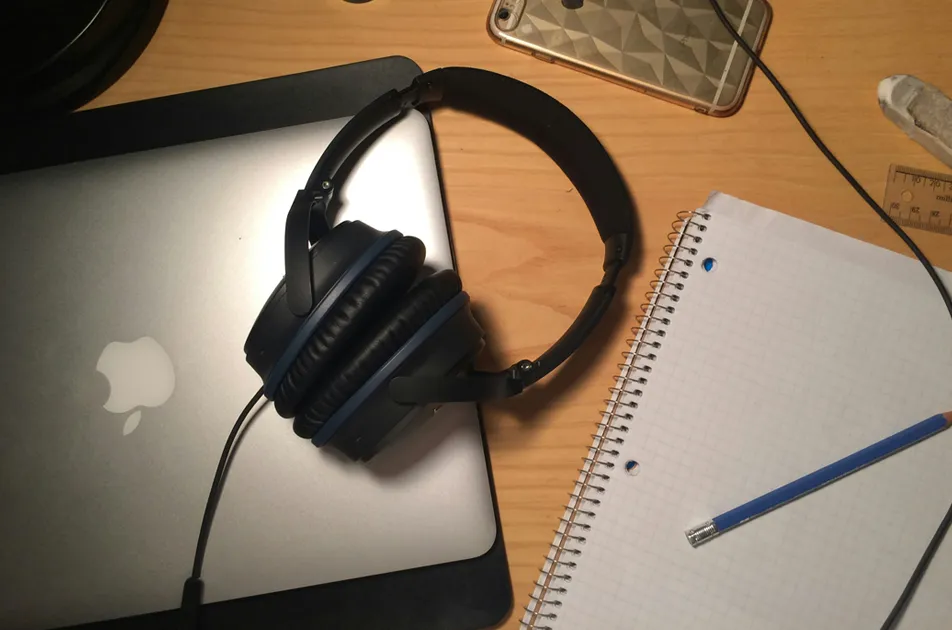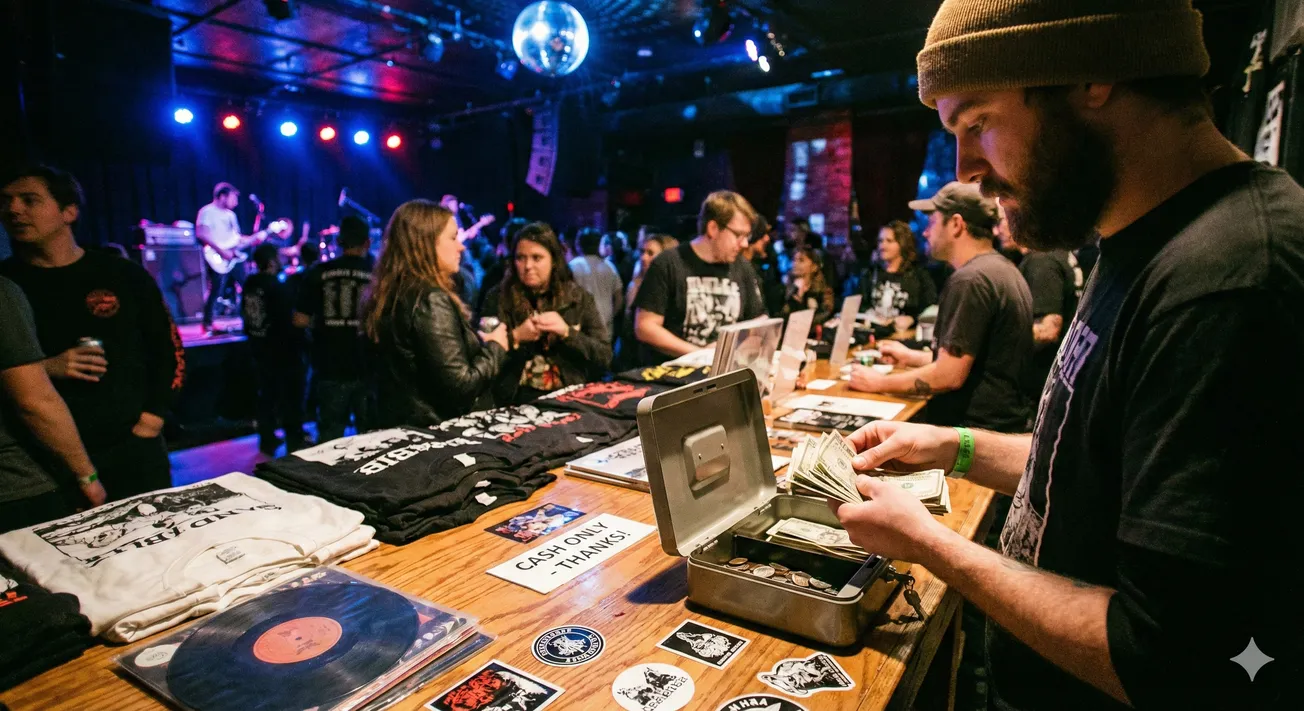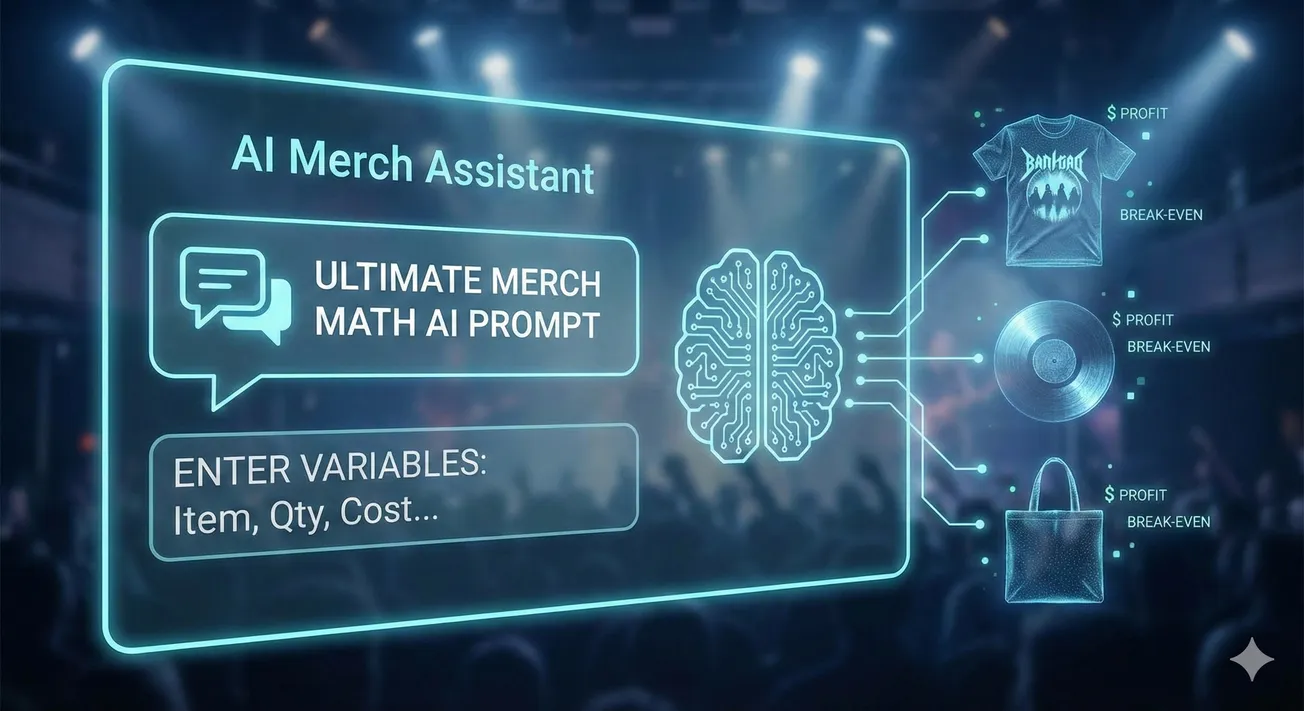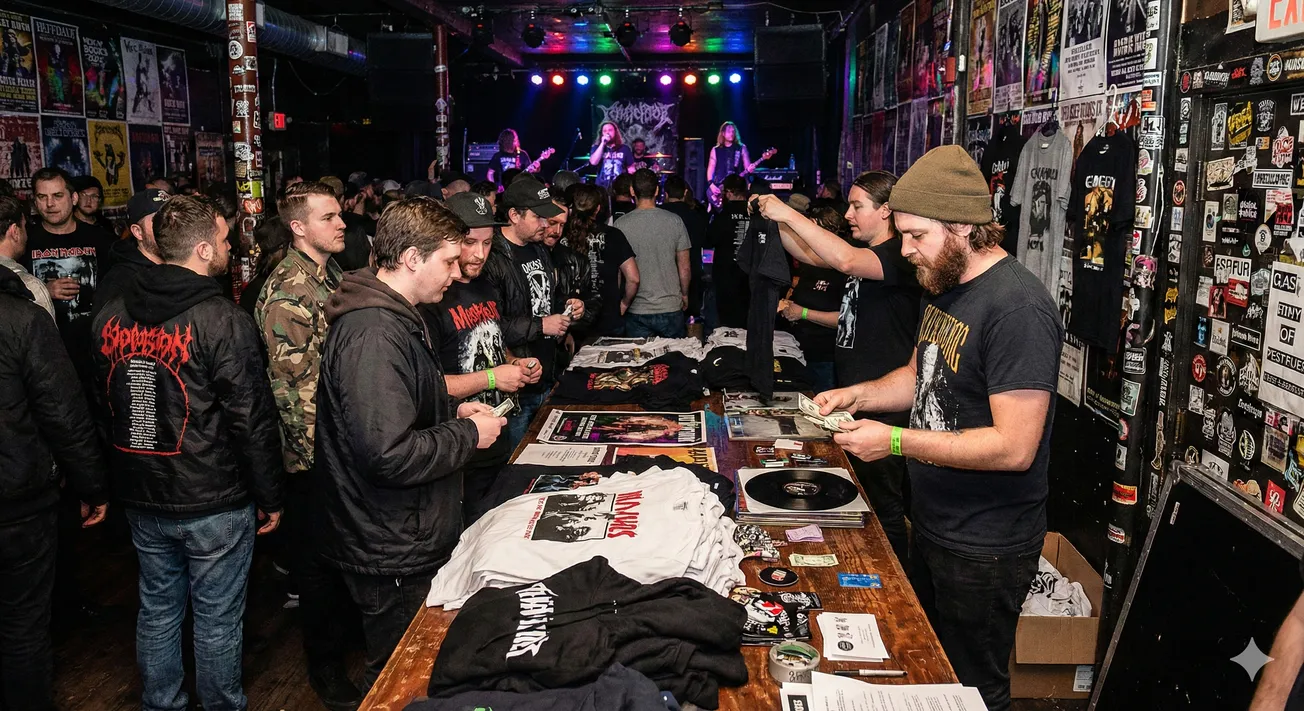This post is by David Harrell who blogs from the perspective of a musican who self-releases music with his band The Layaways at DigitalAudioInsider.
As a self-released musician, I was happy to see that Google Music includes the option for musicians to add their material to its music store, without having to go through a distributor. I wish the same option were available for Apple's iTunes. But what's the real upside for Google?
Most self-released artists don't sell a lot of music (though some do, see the update below) and most music fans coming to the Google Music store for the first time won't be looking for such material. Also, even if this music were considered a necessity for the Google Music catalog, Google already has relationships in place with TuneCore and CD Baby, so there's little barrier to entry and much, if not most, of that self-released material will eventually end up in Google's catalog.
There is, of course, the $25 setup fee. If a large percentage of the combined client base of TuneCore and CD Baby (more than 860,000 artist/client accounts, based on figures released by the two firms), sign up for Google's Artist Hub service, it could mean millions in setup fees. Yet that doesn't seem like much money when you consider that Google's revenue for the trailing 12 months is more than $35 billion.
For Google, the biggest advantage in courting self-released musicians might be the greater enthusiasm, and in-bound links, that result from giving such artists control over their catalogs. As with Facebook and Google+, Google has entered another market where it must battle a dominant service, Apple's iTunes Music Store, in addition to well-established alternatives like Amazon MP3 and eMusic. Perhaps the musicians who use the Artist Hub service will be more likely to push their fans to the Google Music store via their websites and social media posts. And even if relatively little of this self-released music is ever purchased, anything that directs music fans to Google Music can't be a bad thing for Google.
UPDATE: While most self-released musicians aren't selling a lot of music, a small subset of them are quite successful, as revealed by the numbers in this post on TuneCore's blog. Sixty TuneCore-distributed artists received more than $10,000 for digital music sales for the month of July 2011, with three artists receiving more than $100,000 for digital music sales for the month. Still, Google Music doesn't need a direct relationship with these artists to have their material in its catalog, as TuneCore artists can opt to have TuneCore deliver their albums to Google.
MORE:



